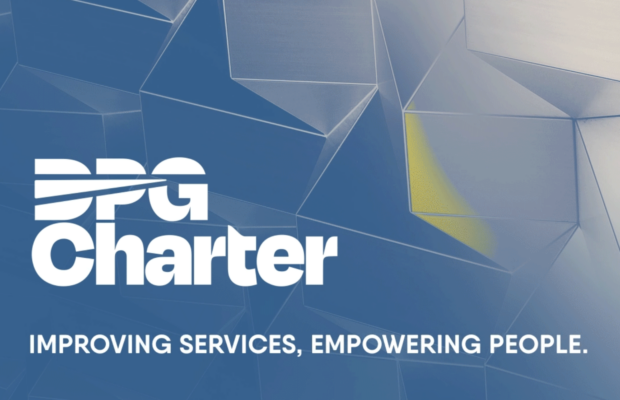Digitalization provides an unprecedented opportunity for governments and the private sector to deliver essential goods and services to local populations, including to marginalized, excluded, and / or under-served communities.
Simply put, it could improve the lives of billions of people around the world and help realize the ambition of the Sustainable Development Goals (SDGs) to “transform our world” by 2030.
This work is too big, and too important, for anyone to do alone.
Enter the Digital Public Goods Charter.
The Digital Public Goods Charter, also known as the DPG Charter, is a global campaign to galvanize interest, nurture critical discussion, and mobilize action from governments, private sector companies, foundations, and other relevant actors from around the world.
It aims to advance the use of digital public goods, enabling countries to build safe, trusted, and inclusive digital public infrastructure at scale.

Imagine a world where everyone has access to education, health care, and the essential services they need not only to survive, but to thrive.
Digital technologies, particularly those that are open-source and designed for the public good, can help us make that a reality.








